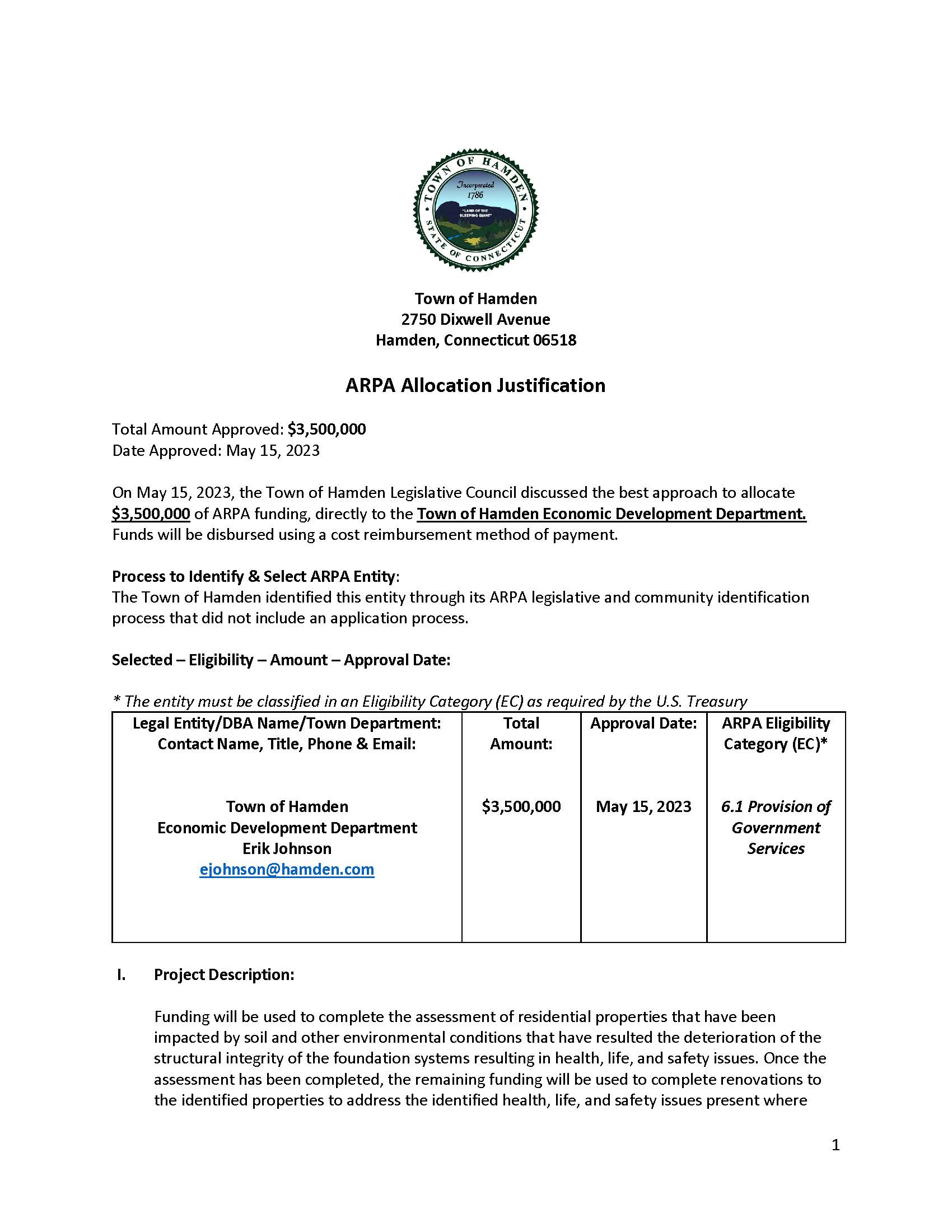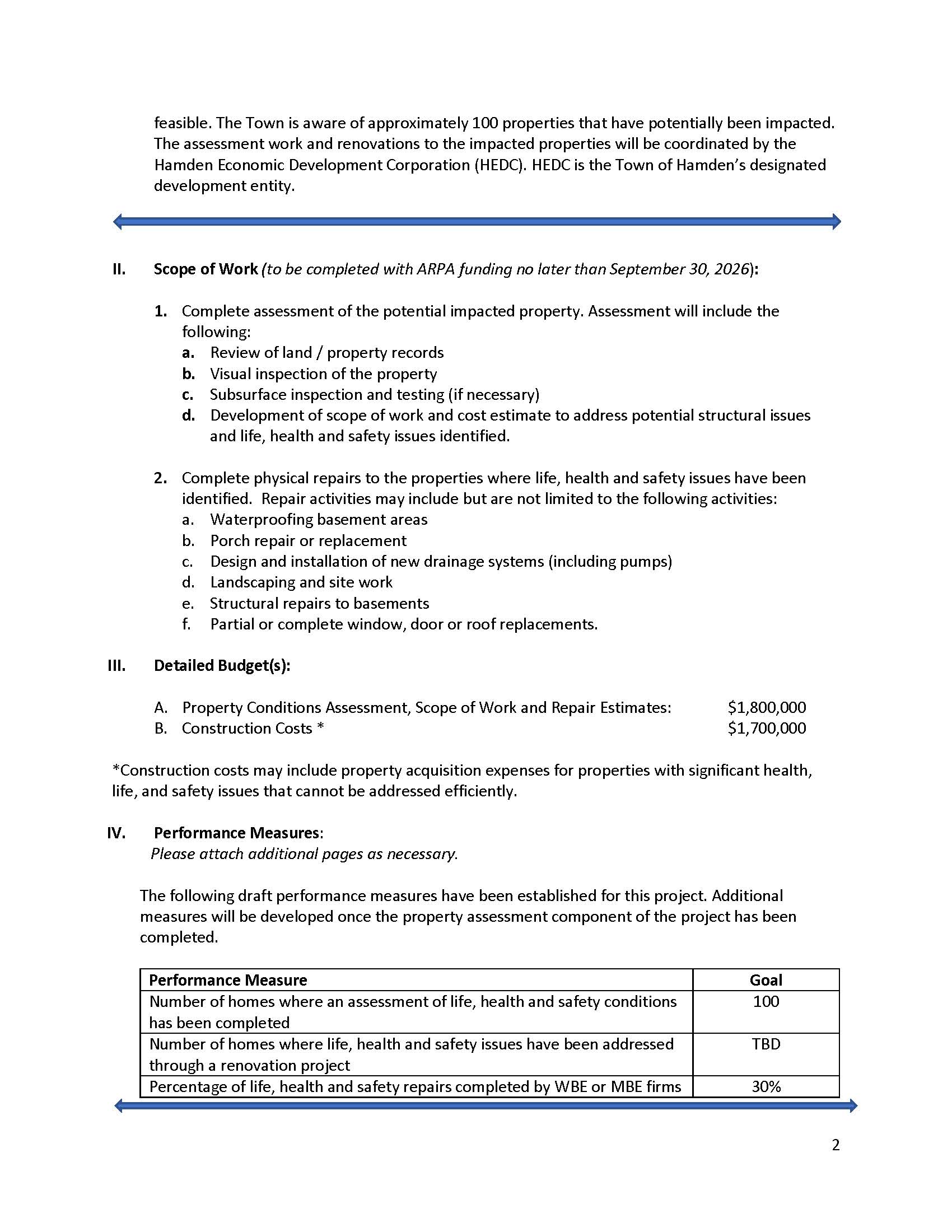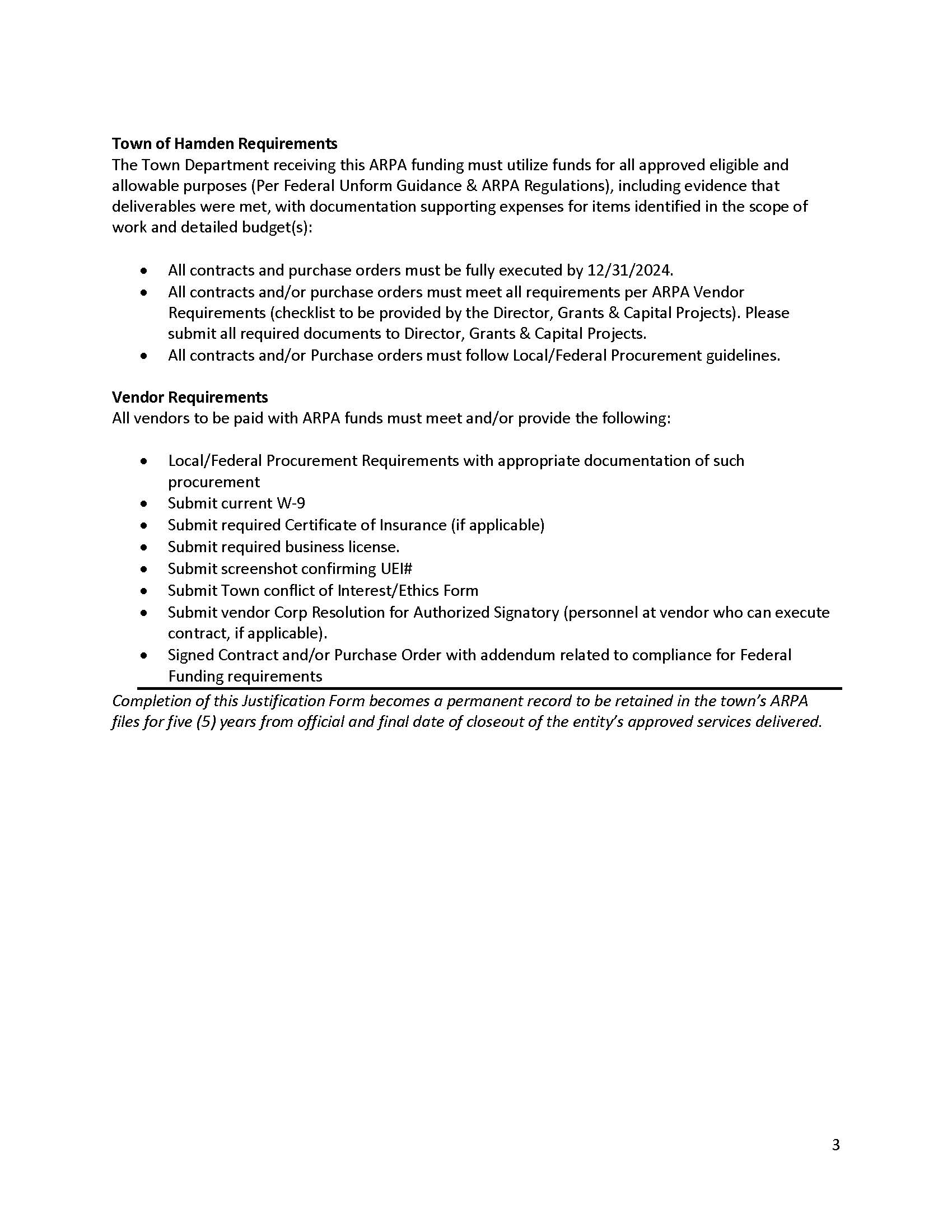Newhall Foundations
Background
The Newhall Neighborhood in Hamden, Connecticut, faces ongoing foundation problems affecting approximately 300 homes. These issues stem from the area's complex environmental and geological history.
Historical Context
For over a century, the Newhall area was used as a disposal site for industrial waste, primarily by Winchester Repeating Arms (later Olin Corporation). The company dumped coal ash and manufacturing waste into low-lying swamps and wetlands from the early 1900s through the 1950s, which helped eliminate mosquito-borne diseases but created unstable soil conditions for future residential development.
Environmental Remediation (2010-2012)
A major environmental cleanup effort led by Olin Corporation, overseen by the Connecticut Department of Energy and Environmental Protection (DEEP), successfully addressed soil contamination by:
- Removing 4 feet of contaminated fill from 240 residential properties
- Replacing it with clean soil
- Installing protective caps and monitoring systems
Current Foundation Problems
Despite successful environmental remediation, many homes continue to experience structural issues including:
- Foundation wall and floor cracks
- Settlement and tilting of structures
- Water intrusion problems
- Damaged doors, windows, and finishes
- Unstable decks, porches, and other exterior elements
Root Causes
Foundation problems persist due to two primary factors:
- Soil composition changes: The replacement clean soil retains water differently than the original fill, causing increased lateral water movement through foundations
- Ongoing settlement: Homes built on fill and organic material continue to settle over time
Current Response
The Town of Hamden, with funding from the State of Connecticut, has engaged Haley & Aldrich engineering firm to:
- Conduct comprehensive assessments of affected properties
- Develop property-specific repair solutions
- Create construction cost estimates for a systematic repair program
As of May 2025, 126 property assessments have been completed, with preliminary cost estimates ranging from $9.6M to $11.4M for comprehensive repairs across all affected homes.



